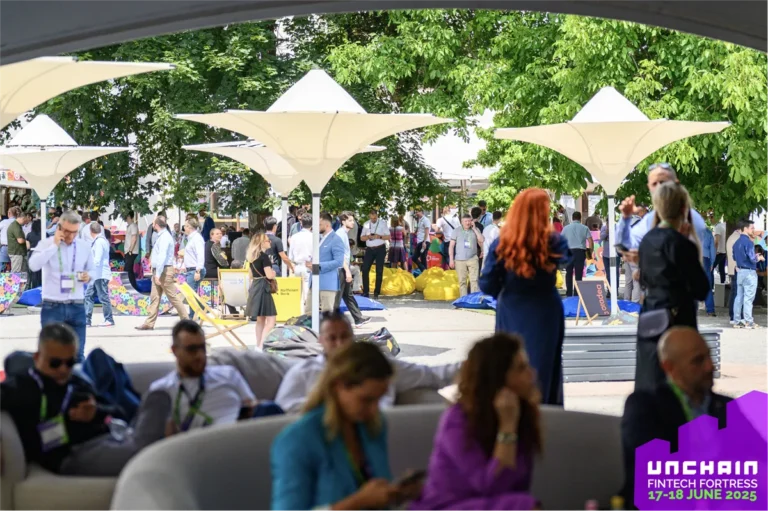trade
China Brand Fair 2025: 350 Chinese manufacturers gather in Budapest – photos, videos

UNCHAIN 2025 Festival highlights report

The growing trend of green freight and sustainable trucking practices

Chinese Leapmotor is coming to Hungary to win over Hungarian families

Record benefits for Hungarian economy: here’s the secret

FM Szijjártó: Mexican market offers major growth potential for Hungarian companies

Trump introduces shockingly high tariffs on Hungarian products from 1 June!

First trade mission of Ecuadorian exporters to Hungary

Automotive Industry Conference 2025 opens in Budapest

How British companies are thriving in Hungary

Budapest hosts Hungarian-Saudi business forum to strengthen tech and trade ties

Chinese auto giant Chery enters Hungary with force

Hungary urges action to bridge East-West divide in global trade

Hungary and Morocco strengthen their bilateral cooperation

US 500% tariff on Russian gas, oil may kill Hungarian MOL’s exceptional profit: brutal price rise on the horizon?

3D Ecommerce is transforming online shopping in 2025: what businesses need to know

Hungarian FM Szijjártó: EU govts to discuss trade issues

Hungarian retail sales show continued cautious consumer spending, latest data reveals





 ZH
ZH IT
IT DE
DE HR
HR NL
NL FR
FR JA
JA RO
RO RU
RU ES
ES TR
TR
